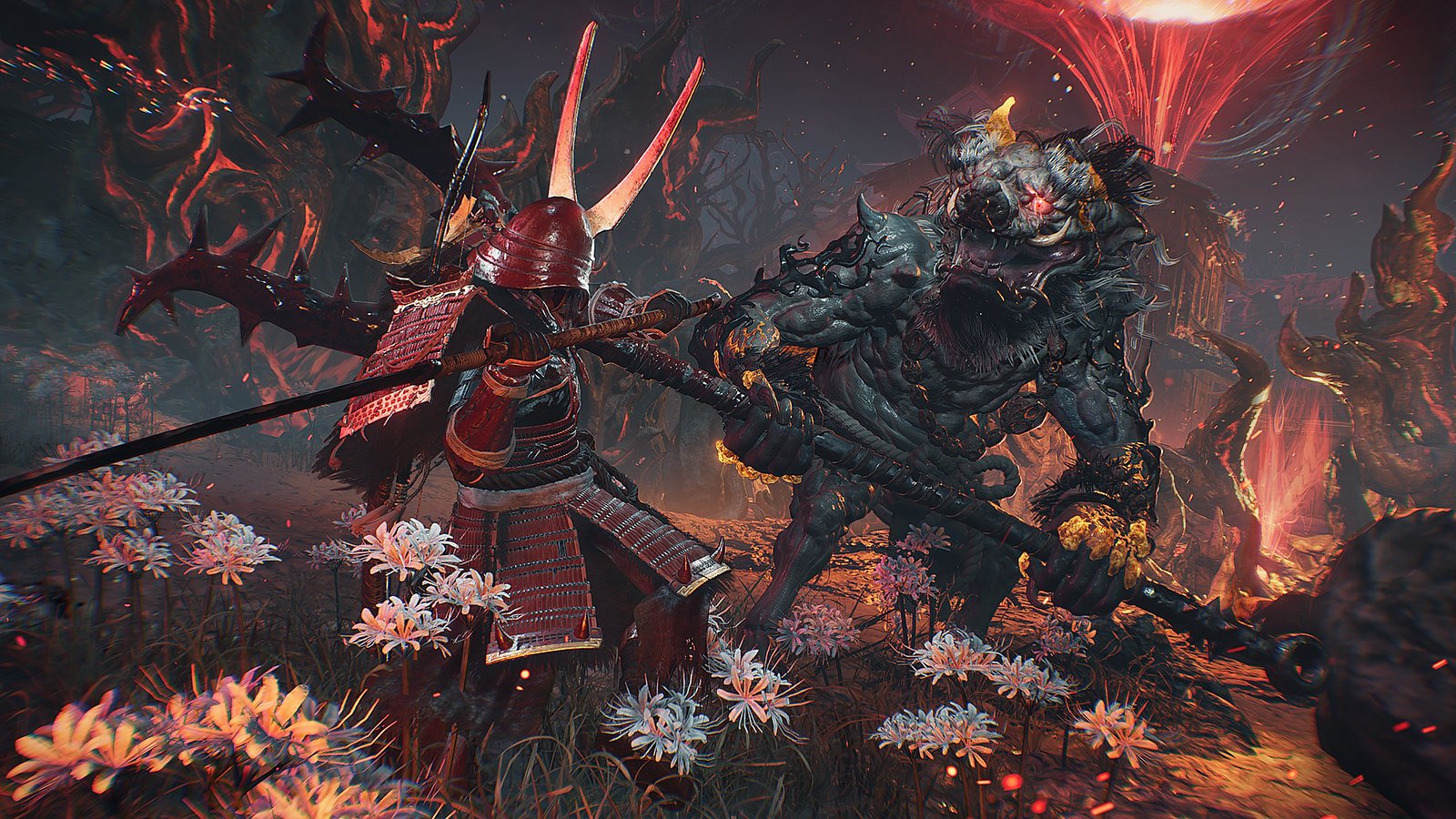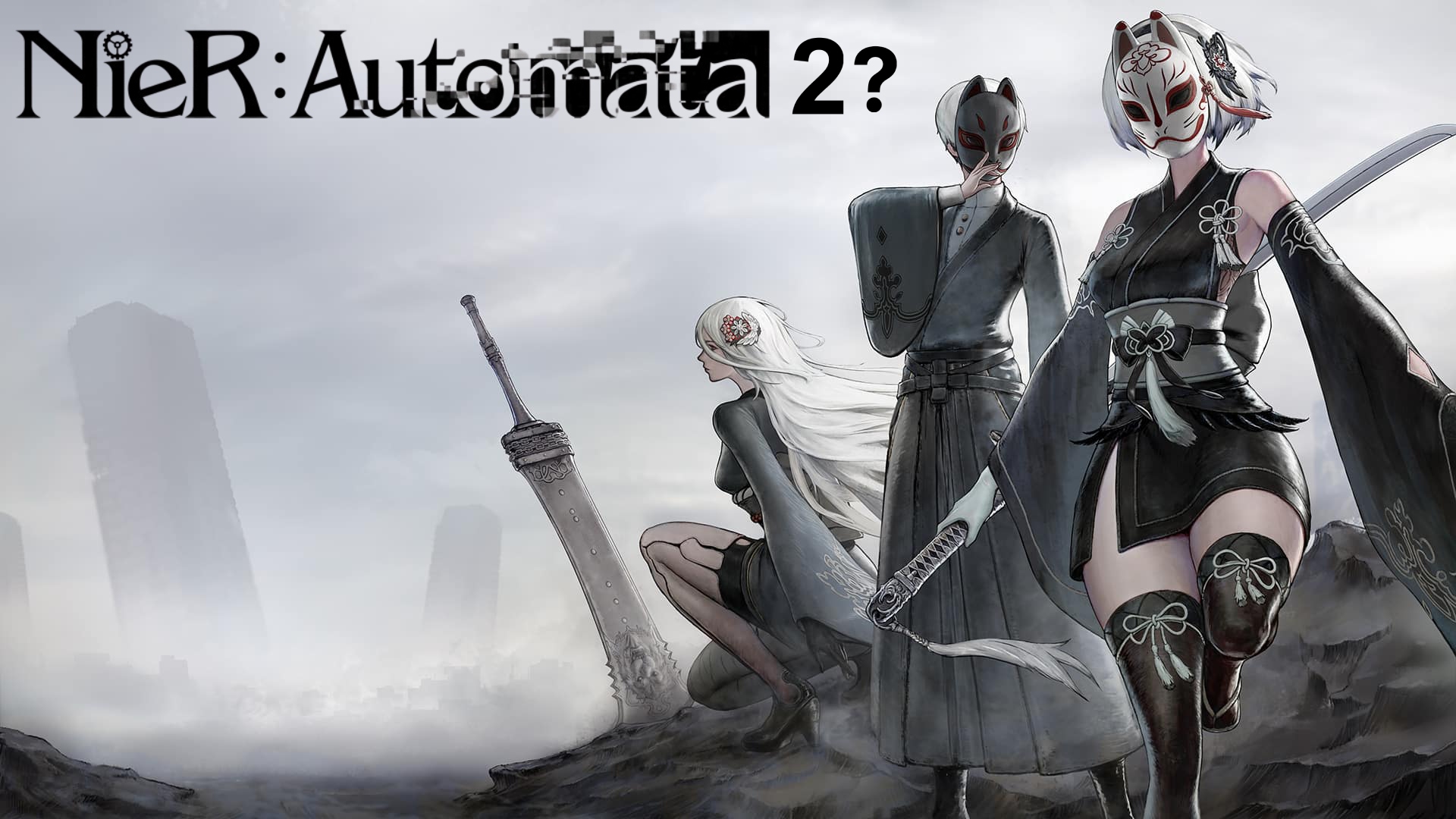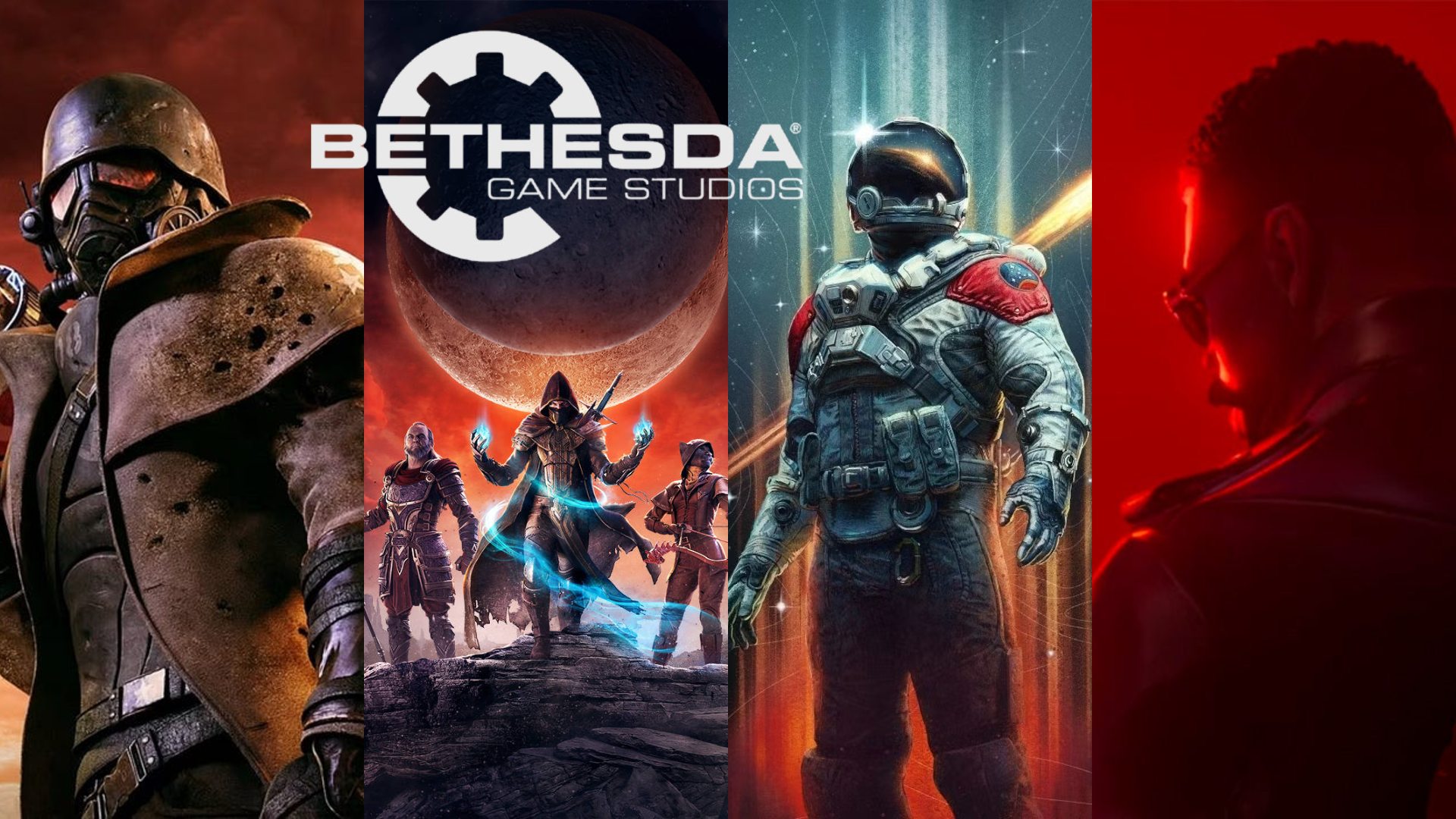- Assassin’s Creed 3 had to kill Desmond to make the lore less complex for the audience.
- Fans had been complaining that the story was getting too difficult to comprehend.
- The decision saw some backlash, but Assassin’s Creed 3 still sold over 12 million units.
The Assassin’s Creed franchise has had some memorable protagonists over the years. The franchise kicked off in 2007 with its first-ever main character, Desmond Miles. He was a part of the first few games, but had to be killed off for a certain reason.
Assassin’s Creed 3 director has revealed that killing Desmond off was a strategic decision because fans are hard to please, and the series had to survive in the mainstream. The lore was getting complex, so the decision had to be made.
Why it matters: Till the third game, fans had been actively complaining that the series had become bloated, and a lot was going on that they couldn’t understand; therefore, developers made the decision.
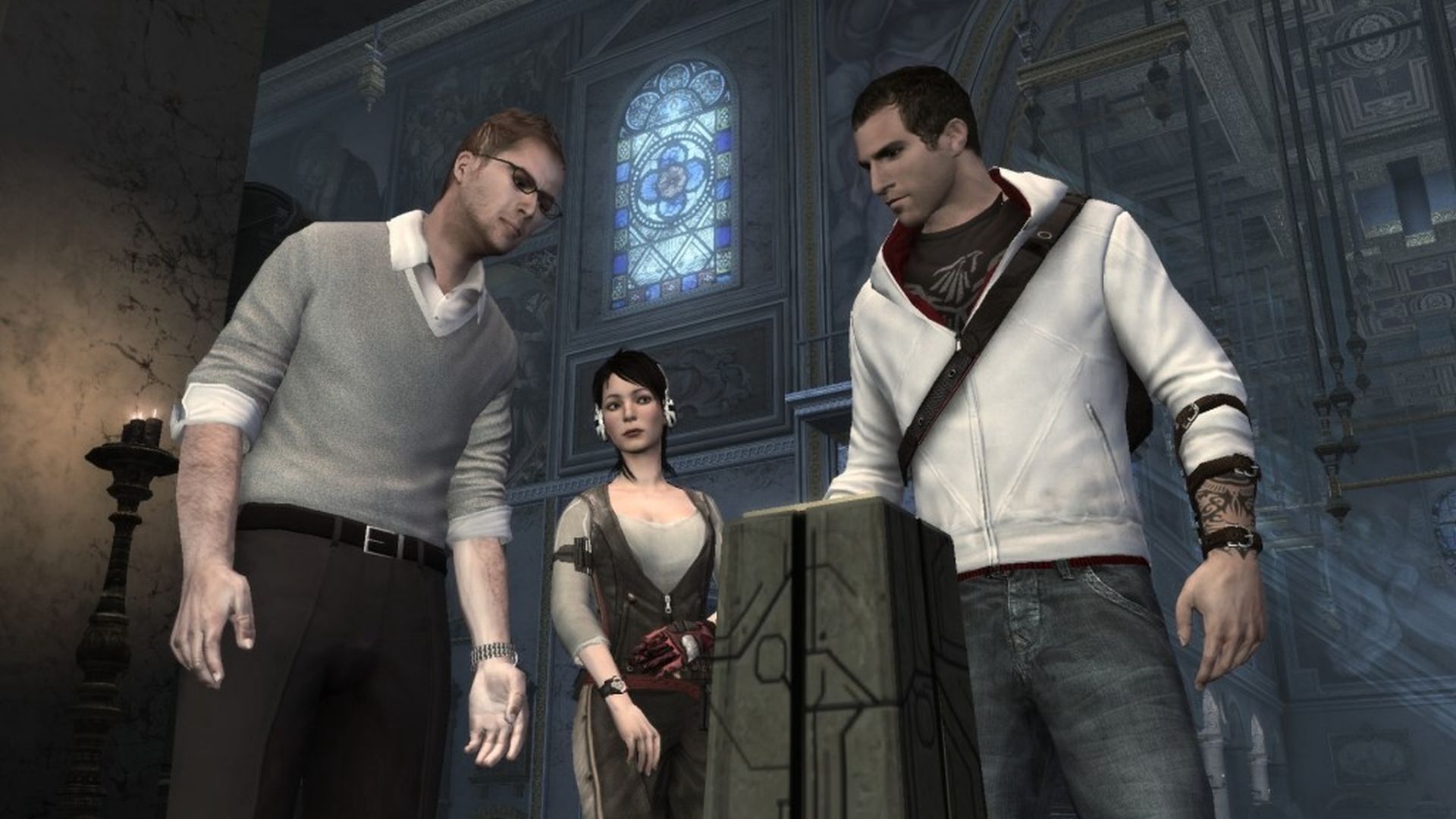
In a podcast with FRVR, creative director Alex Hutchinson explained why they had to kill Desmond in Assassin’s Creed 3. He explained how everything had become so complex that fans had started complaining about it.
We didn’t want that to happen with AC (Game Death), where they are sort of lore, you know, Nazis policing everything and saying, ‘Oh, but in this game at this point 17 years ago, this happened
– Alex Hutchinson
Following the success of Assassin’s Creed 2, Ubisoft released a couple of additional games, Brotherhood and Revelations, to capitalize on its momentum. So, while Desmond’s story was a trilogy, it evolved into something entirely different.
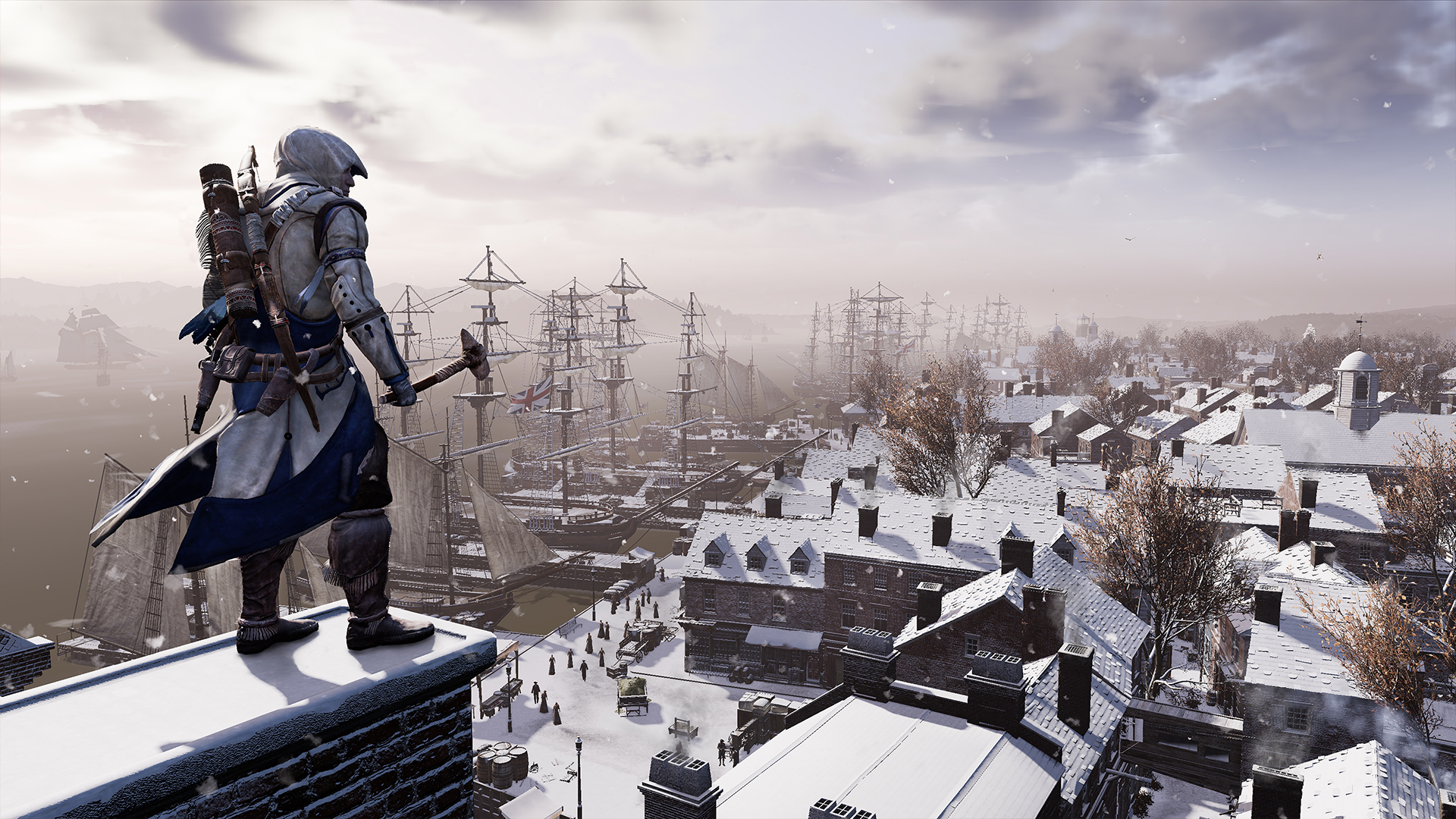
Instead, later on, Ezio got the trilogy, which was much better received. So, to please fans and make sure that the lore was correctly explained, Desmond had to be sacrificed. If it hadn’t happened, the game would’ve lost the mainstream audience.
There was a huge backlash when he was killed off, but the game went on to sell over 12 million copies. However, Ubisoft did redeem itself with Edward Kenway, who became popular, and along with Ezio is amongst the series’ most popular protagonists.
What are your thoughts on Ubisoft killing off Desmond because fans were hard to please? Let us know your opinions in the comments or join the discussion at the official Tech4Gamers Forum.
Thank you! Please share your positive feedback. 🔋
How could we improve this post? Please Help us. 😔
News Reporter
Abdullah is an avid gamer who primarily plays single-player titles. If you can’t find him anywhere, he’ll probably be at his desk playing The Witcher 3 for the millionth time. When he isn’t playing games, he’s either reading or writing about them.


